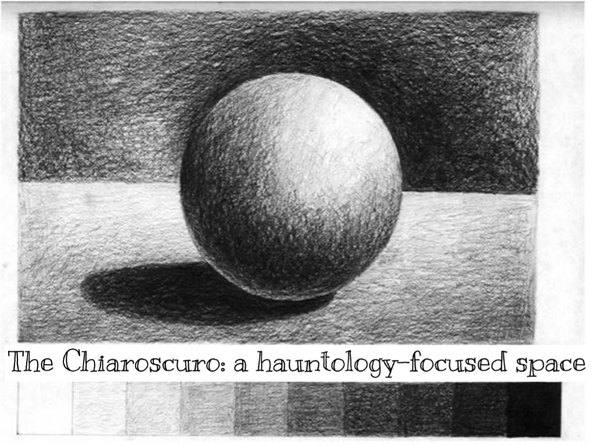A post by Lance Peng
In a world where progress and innovation are often prioritised, I highlight the need to reconnect with the past, drawing on the wisdom passed down through generations. Mnemohistory, which focuses on how societies remember and reinterpret their history, shows that communities don’t just preserve events but also pass on cultural practices, stories, and shared experiences that shape their identities, and by tracing developmental paths through this historical knowledge, we can see how communities use their past to deal with present challenges and plan for the future. This approach goes beyond written records, exploring how the act of remembering and reimagining the past connects with shaping the future, with ancestral knowledge serving as a key resource in strengthening community resilience.

